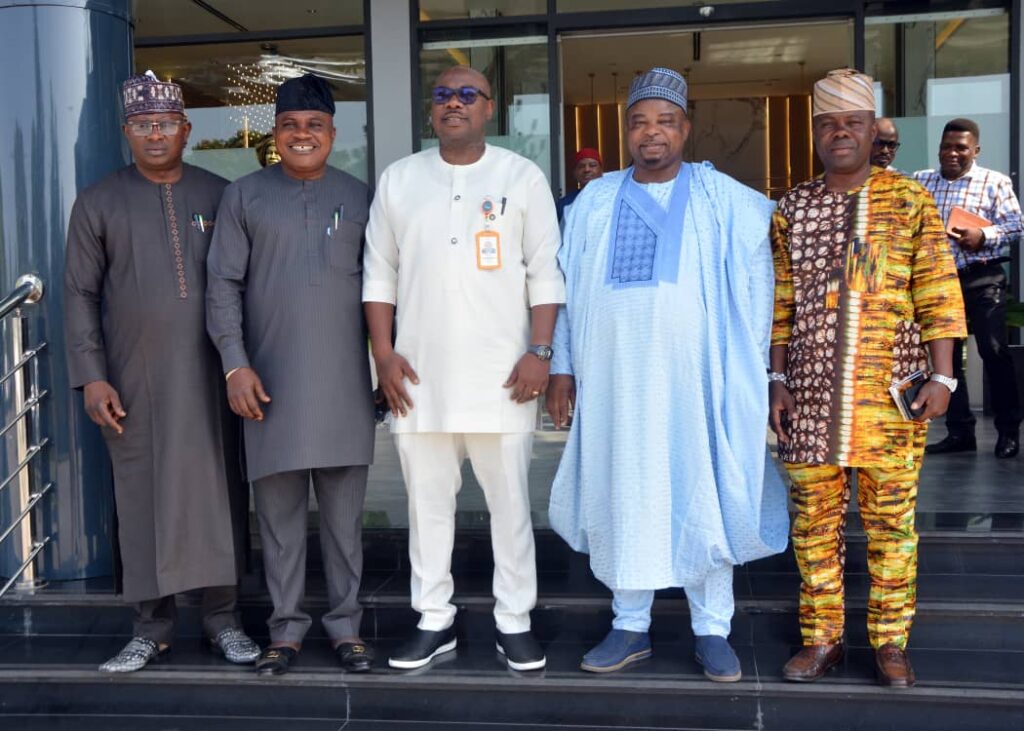The Academic Staff Union of Universities (ASUU), Sokoto Zone, has called on the federal government to act in good faith and resolve outstanding issues promptly to prevent a renewed crisis in Nigeria’s public universities.
Prof. Abubakar Sabo, Zonal Coordinator, made the appeal on Thursday at the NUJ Press Centre Secretariat. He noted that the National Executive Council (NEC) had suspended a warning strike as a reciprocal gesture, allowing a one‑month window for renegotiation based on the understanding that the government would act sincerely. “The government must seize this opportunity to resolve all outstanding matters promptly so students can remain in school,” Sabo emphasized.
He lamented that education is increasingly treated as a commercial commodity rather than a social good essential for sustainable national development. Prof. Sabo highlighted the institution-specific challenges in the zone, noting that Shehu Shagari University of Education, Sokoto, has operated without a legally constituted governing council, leading to undue interference in university affairs. Sokoto State University continues to contend with unpaid third-party and union deductions, as well as outstanding promotions and Earned Academic Allowance (EAA) arrears. Abdullahi Fodiyo University of Science and Technology, Aliero, in Kebbi State, suffers from non-implementation and non-payment of promotion and EAA arrears alongside other governance issues. Umaru Musa Yar’Adua University in Katsina faces non-payment of salaries at the approved scale and an attempted external interference with its portal, contrary to university law. The Federal University of Agriculture, Zuru, was established and commenced operations without a take-off grant.
Prof. Sabo urged that the remaining days of the one-month window be used judiciously to secure a comprehensive settlement that improves the living and working conditions of academics. Contrary to claims of fiscal constraint, revenue data show significant increases: states received ₦3.92 trillion from the Federation Account Allocation Committee (FAAC) in 2022 and ₦5.81 trillion in 2024, an increase of over 62 percent, while the federal government’s share rose from ₦3.42 trillion in 2022 to ₦4.65 trillion in 2024, an increase of over 70 percent. “These figures indicate that the obstacle to resolving the renegotiation is political will, not a lack of funds,” he said.
ASUU called on traditional rulers, community leaders, students, the NLC, and civil society to continue urging the government to honor agreements, prioritize education, and ensure lecturers receive a living wage. The union reaffirmed its commitment to constructive engagement and to protecting the future of Nigerian higher education.
















